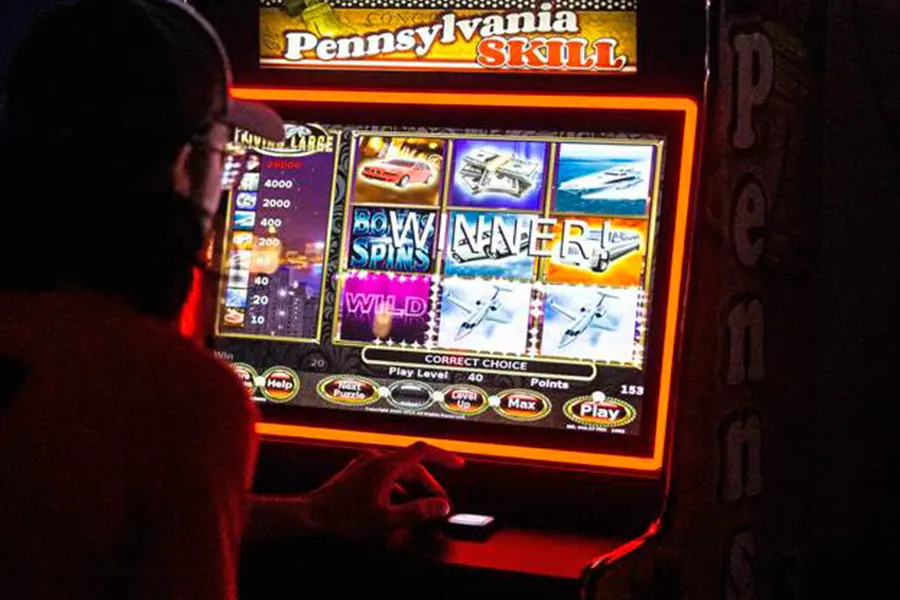 The editorial board of The Patriot-News, Harrisburg’s largest newspaper, called on Pennsylvania legislators to impose a ban on skill games. Skill gaming machines can be found inside convenience stores, restaurants, bars, and gas stations across the Keystone State. According to The Patriot-News’ editorial board, underage individuals can easily access these games, which is why they must be prohibited.
The editorial board of The Patriot-News, Harrisburg’s largest newspaper, called on Pennsylvania legislators to impose a ban on skill games. Skill gaming machines can be found inside convenience stores, restaurants, bars, and gas stations across the Keystone State. According to The Patriot-News’ editorial board, underage individuals can easily access these games, which is why they must be prohibited.
Members of the newspaper’s editorial board also noted that the Pennsylvania Gaming Control Board (PGCB) imposes hefty fines on casinos for accidentally allowing minors to access the gambling area, while the authority does not penalize the owners of skill gaming establishments that allow individuals under 21 years of age to gamble. The editorial board also pointed out that the skill gaming machines are located in parts of convenience stores and gas stations, where supervising them is almost impossible.
The newspaper’s editorial board also expressed concerns over the lack of safeguards. They claim that people who have excluded themselves from all land-based casinos in the state or online gambling platforms can easily access these skill gaming machines.
However, the editorial board also recognizes that the lack of proper regulation of the skill games benefits local businesses because they split profits generated by these machines only with the gaming manufacturer and the machine’s route distributor. Skill games also allowed small business owners to increase their workers’ salaries and even hire more people.
The Legality of Skill Games Remains a Controversial Topic
During the East Coast Congress held this April, PGCB Chair Denise Smyler said that anyone can play skill games because there are no age restrictions, which is alarming. Ms. Smyler added that over 20,000 people enrolled in the state’s self-exclusion program. At the same time, these people can go to these skill gaming establishments and gamble as long as they wish.
Skill games are neither legal nor illegal in Pennsylvania, which is why there are no specific age requirements. In other words, skill game establishments operate in grey area, which means that they do not pay state taxes and are not required to comply with the state’s gambling law.
According to attorneys representing various Pennsylvania casinos, skill games constitute illegal gambling and cut into their profits. In 2019, Commonwealth Court Judge Court Judge Patricia McCullough ruled that skill games are not regulated under the state’s Gaming Act, which includes provisions regarding games of chance and table games. Her ruling stopped Pennsylvania State Police from confiscating skill games from various locations.
This March, attorneys for Pennsylvania casinos appealed McCullough’s ruling. But the legality of the skill gaming machines remains unclear. While some want these machines to be authorized and properly taxed, others claim that skill games must be completely banned. Visually, skill gaming machines and traditional slots look alike. However, they differ in their gameplay mechanics. While skill games require players to identify a winning payline, slot machines automatically notify players if they win.
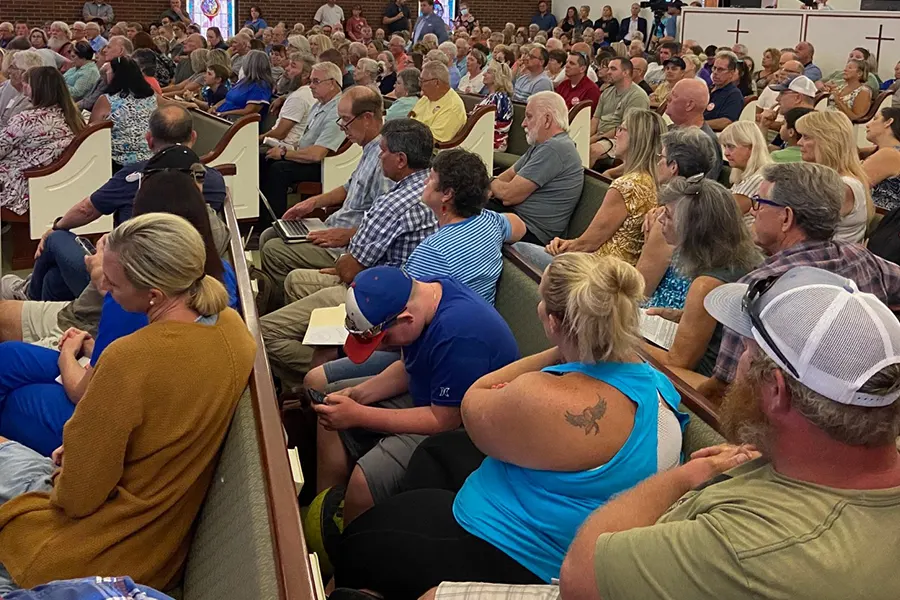 On Tuesday night, over 500 people came to Ellisboro Baptist Church in Madison to express their opinions regarding a possible casino in Rockingham County. Most people who spoke at the meeting opposed the casino proposal, explaining that it could increase crime in the area and lead to moral decay within the society. Only one person embraced the idea of bringing a casino to Rockingham County.
On Tuesday night, over 500 people came to Ellisboro Baptist Church in Madison to express their opinions regarding a possible casino in Rockingham County. Most people who spoke at the meeting opposed the casino proposal, explaining that it could increase crime in the area and lead to moral decay within the society. Only one person embraced the idea of bringing a casino to Rockingham County.  The Goods and Services Tax (GST) Council is to consider a proposal to tax transactions, payments, and winnings in digital assets at a 28% rate, as reported by media agency Moneycontrol. Discussions on the matter will take place during the GDT’s meeting, which will be held tomorrow. If approved, the tax would be levied on the full face value of such transactions.
The Goods and Services Tax (GST) Council is to consider a proposal to tax transactions, payments, and winnings in digital assets at a 28% rate, as reported by media agency Moneycontrol. Discussions on the matter will take place during the GDT’s meeting, which will be held tomorrow. If approved, the tax would be levied on the full face value of such transactions. 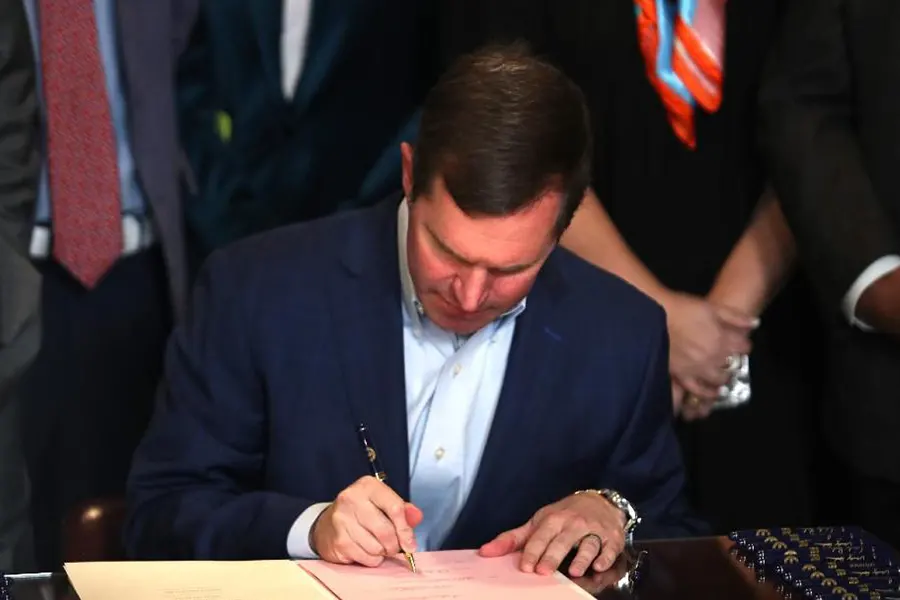 Last Friday, Kentucky’s Governor Andy Beshear signed the Kentucky Problem Assistance regulation in a bid to help people struggling with gambling problems. The regulation complements another emergency regulation, under which the Kentucky Sports Betting Advisory Council was established to preserve the integrity of the sports betting industry. The recently signed regulation outlines the process of distributing funds to the Problem Gambling Assistance account and supporting groups and organizations, dedicated to helping people experiencing gambling problems.
Last Friday, Kentucky’s Governor Andy Beshear signed the Kentucky Problem Assistance regulation in a bid to help people struggling with gambling problems. The regulation complements another emergency regulation, under which the Kentucky Sports Betting Advisory Council was established to preserve the integrity of the sports betting industry. The recently signed regulation outlines the process of distributing funds to the Problem Gambling Assistance account and supporting groups and organizations, dedicated to helping people experiencing gambling problems. MrWin, an emerging game developer established at the beginning of this year, just announced the release of its new game called Crypto Fortune, which will be available for play this August. The company is still in discussions with two casino aggregating platforms, which will host the cryptocurrency game. MrWin’s gaming product uses three concentric wheels, allowing casino fans to win up to $30k in Bitcoin.
MrWin, an emerging game developer established at the beginning of this year, just announced the release of its new game called Crypto Fortune, which will be available for play this August. The company is still in discussions with two casino aggregating platforms, which will host the cryptocurrency game. MrWin’s gaming product uses three concentric wheels, allowing casino fans to win up to $30k in Bitcoin.  Crystal-Lee Budnik, a woman from Surrey, has reported that Cascades Casino in British Columbia did not let her in due to her speech defect. Ms. Budnik tried to enter the same casino twice but was denied access by the security guards, who thought she was drunk.
Crystal-Lee Budnik, a woman from Surrey, has reported that Cascades Casino in British Columbia did not let her in due to her speech defect. Ms. Budnik tried to enter the same casino twice but was denied access by the security guards, who thought she was drunk. 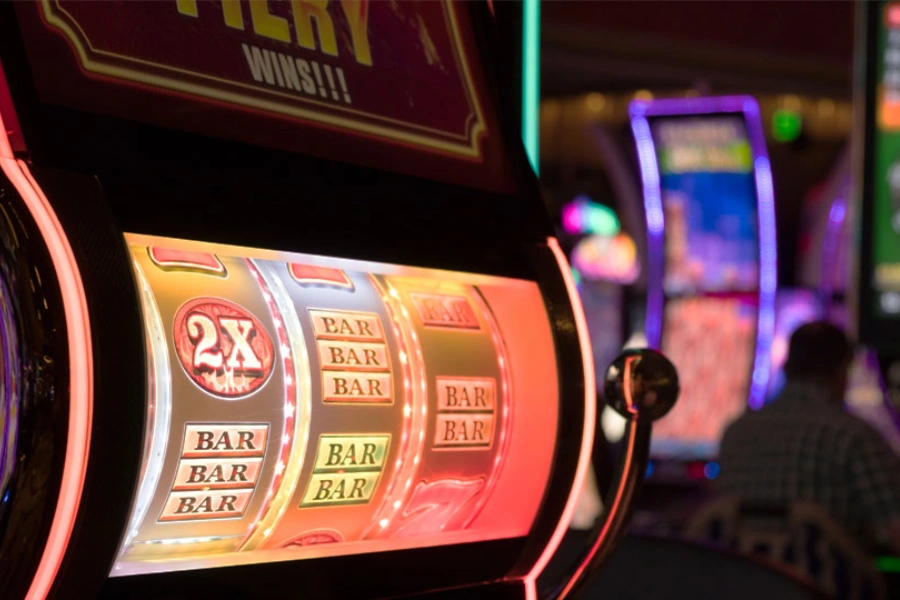 At its public meeting held this Wednesday, the Pennsylvania Gaming Control Board fi8ned three of its licensees for violating the state’s gambling law. Next to the imposed financial sanctions, the gambling regulator also acted on petitions filed by the Board’s Office of Enforcement Counsel (OEC) to prohibit seven adults from entering any casino in the Commonwealth.
At its public meeting held this Wednesday, the Pennsylvania Gaming Control Board fi8ned three of its licensees for violating the state’s gambling law. Next to the imposed financial sanctions, the gambling regulator also acted on petitions filed by the Board’s Office of Enforcement Counsel (OEC) to prohibit seven adults from entering any casino in the Commonwealth. The Maharashtra government has decided to prohibit all gambling activities, including online and in-person. The bold move comes as part of the government’s strategy to curb problem gambling among locals. Officials noted that problem gambling has resulted in many people experiencing financial problems. Deputy Chief Minister Devendra Fadnavis announced the government’s decision, explaining that the government has always been committed to protecting young people’s health and welfare.
The Maharashtra government has decided to prohibit all gambling activities, including online and in-person. The bold move comes as part of the government’s strategy to curb problem gambling among locals. Officials noted that problem gambling has resulted in many people experiencing financial problems. Deputy Chief Minister Devendra Fadnavis announced the government’s decision, explaining that the government has always been committed to protecting young people’s health and welfare.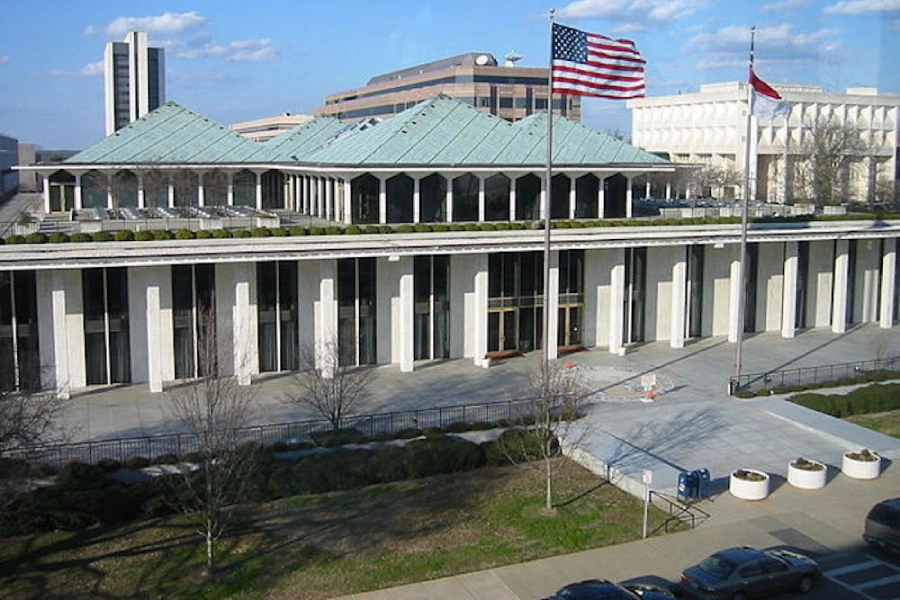 According to a report published by the media agency Carolina Public Press, at least eight lawmakers received thousands of dollars in campaign contributions from the Baltimore-based gambling firm The Cordish Companies. The news immediately attracted the attention of gambling expansion experts, who believe that this will tip the scales in favor of The Cordish in the competition for a gambling license. Currently, North Carolina lawmakers are considering a casino bill, seeking to allow one business to establish up to three casinos in some of the most deprived areas.
According to a report published by the media agency Carolina Public Press, at least eight lawmakers received thousands of dollars in campaign contributions from the Baltimore-based gambling firm The Cordish Companies. The news immediately attracted the attention of gambling expansion experts, who believe that this will tip the scales in favor of The Cordish in the competition for a gambling license. Currently, North Carolina lawmakers are considering a casino bill, seeking to allow one business to establish up to three casinos in some of the most deprived areas. 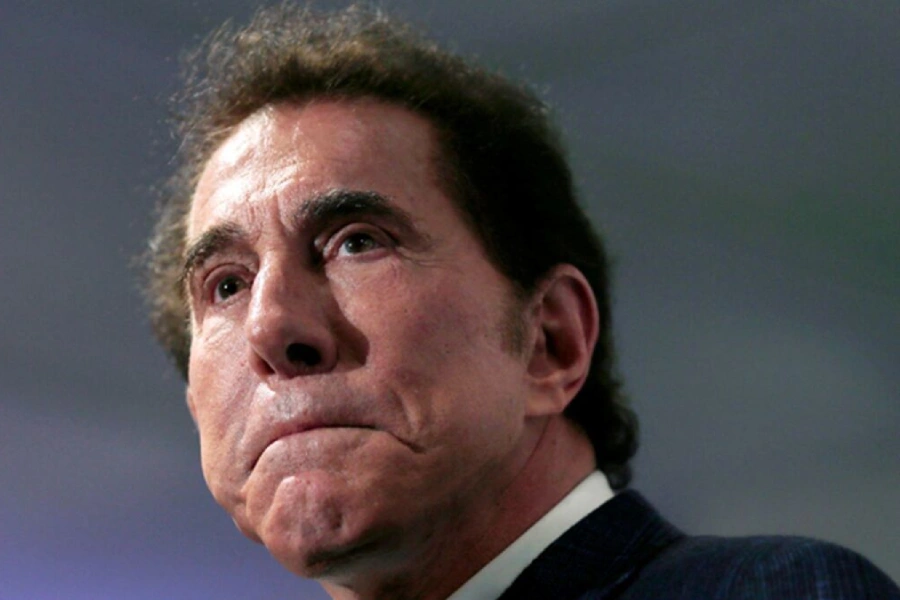 Las Vegas casino behemoth Steve Wynn has agreed to a seven-page statement, according to which he has to pay a $10 million fine and withdraw from the gambling industry. This will put an end to the federal lawsuit against him over claims of sexual misconduct.
Las Vegas casino behemoth Steve Wynn has agreed to a seven-page statement, according to which he has to pay a $10 million fine and withdraw from the gambling industry. This will put an end to the federal lawsuit against him over claims of sexual misconduct.